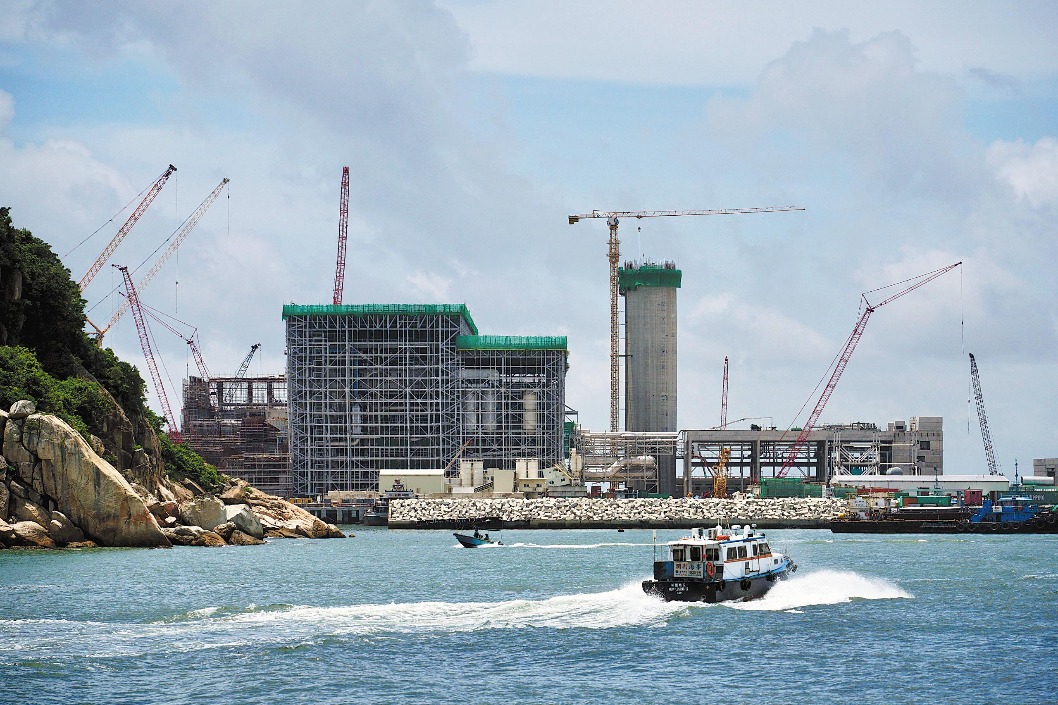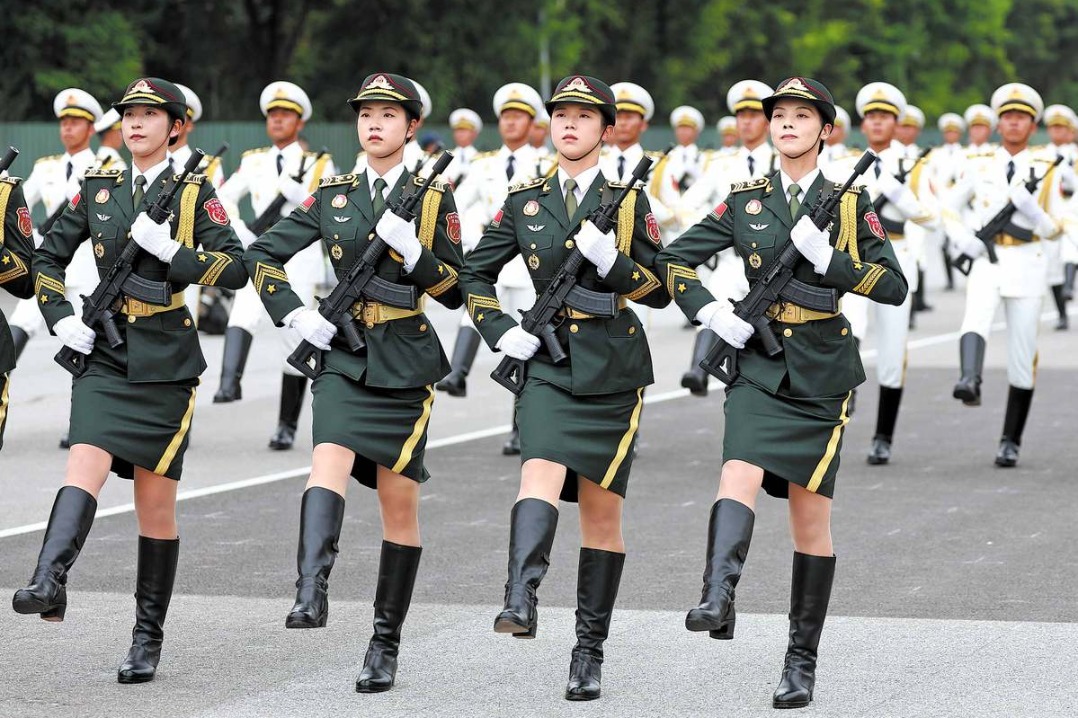Residents' realistic views play a key role in Macao's success


Editor's Note: Timothy Kerswell is an assistant professor at the Department of Government and Public Administration at the University of Macao. The article reflects the author's opinions, and not necessarily the views of CGTN.
On the 20th anniversary of Macao's return to the motherland, it is worth celebrating that Macao has experienced decolonization with success. In 2018, the Center for Chinese History and Culture at the University of Macao studied primary and middle school students, revealing students' advanced knowledge of Macao civics and Macao's place in China. Students' average scores were in the 70s out of 100, with scores above 50 seen positively. Macao residents are identifying themselves strongly as Chinese.
This is not solely from formal education, since Macao does not have a national curriculum. "Moral and Civic Education" is an optional subject for schools. While implementation has been successful in government schools and some private, secular schools, most students in Macao do not attend them. The highest enrolling schools are Catholic or other Christian-affiliated schools who substitute Moral and Civic Education for religious education. School education is an incomplete explanation for Macao's more realistic view about its relationship with the Chinese mainland. Family, society, politics and individual experiences play a major role.
Part of Macao's decolonization success stems from Portugal's pragmatism about its influence on world affairs. Portugal's humiliation in wars fought in Angola, Guinea-Bissau and Mozambique and India's reclamation of Goa led to the collapse of the Estado Novo regime. Portugal's new government was a willing partner in the process of Macao's return.
By contrast, Britain has not come to terms with its imperial decline. Britain continues to claim a "commitment to Hong Kong" based on its illegitimate status as a former colonial administrator.
Absence of U.S. interference is another reason of Macao's success. In Hong Kong, the U.S.-funded National Endowment for Democracy (NED) spreads U.S. influence through partner organizations. NED's former vice president for Asia, Middle East and North Africa, Louisa Grieve, said the NED has been funding programs in Hong Kong for over two decades, donating millions of dollars. The U.S. has abused the "One Country, Two Systems" principle to attack and destabilize China.
While in Hong Kong, some young people have fallen under the false promise of the U.S., Macao students will openly tell you their fresh water, food and power comes from Guangdong, and with limited land, resources and human capital, Macao can only succeed through closer economic integration with the Chinese mainland.
Macao's political economy is a reason for the stability and success of "One Country, Two Systems." Taxing the casino industry created a system of shared prosperity, which turned the industry boom into a social good by funding government programs and improving the well-being of Macao residents. Macao's low unemployment and high wage growth allow residents to feel economically that China's rise is benefiting them.
Vested property and financial interests in Hong Kong have prevented similar redistributive mechanisms. China's adherence to "One Country, Two Systems" means the central government does not intervene in Hong Kong politics to address these problems. While Hong Kong has a low unemployment rate, its stagnant wages and rising income inequality created conditions for instability.
While the implementation of "One Country, Two Systems" is significantly better than in Hong Kong, Macao's situation is not perfect. Vestiges of colonial influence exists in the school system, based on a tradition of government's non-intervention established during Portuguese rule, and reinforced by non-intervention under "One Country, Two Systems."
Macao's education lacks standardization, meaning individual schools set the curriculum. This gives power to organizations like the Catholic Church and other external forces to influence Macao, including not implementing Moral and Civic Education. Greater standardization of education would both improve efficiency and strengthen links with the Chinese mainland.

































